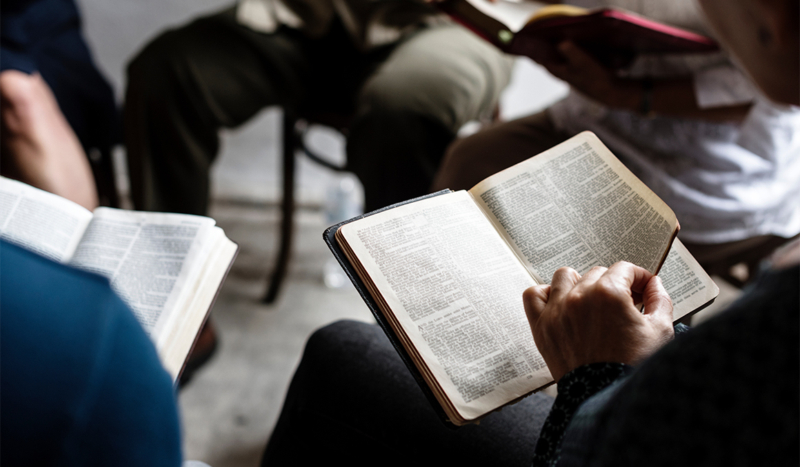
Adobe Stock
Americans are becoming more likely to say that religion is increasing its influence on society, according to a May Gallup poll that found a 14-point spike since May 2024.
Gallup found that in May 2024, only 20% of Americans said religion is increasing its influence on society, while 34% said the same in May 2025. Gallup also noted that in between the two readings, in December 2024, 35% of Americans had said religion’s influence is growing.
While the majority of Americans (59%) said that religion is losing its influence on society, the May 2025 reading is down from 75% who said the same thing in May last year.
Gallup reported that the shifts away from seeing religion’s influence as decreasing are a departure from a 15-year trend. Spikes in Americans’ positive perception of religion’s influence on society normally coincide with major events, such as the 9/11 terrorist attacks or the COVID-19 pandemic. However, the drive behind the most recent spike is unknown, with Gallup hypothesizing that the Republican sweep of the November 2024 elections could be responsible for it.
According to Gallup, the spike does not match an uptick in Americans’ religiosity. A similar shift in public perception of religion’s influence occurred when Republicans won control of Congress in 1994, the first time in 40 years. No significant changes occurred when Republicans also won major races in 2000, 2010, and 2016, but two low points occurred in 2021 and 2009 among those who said religion’s influence was increasing, recorded after Democrats took control of the government.
“To the extent that recent political changes in Washington are an explanation for changes in opinion first seen in December,” Gallup reported, “it is unclear if Americans are retrospectively crediting religious voters for the Republican gains in the 2024 elections, or if they are anticipating that religious interests will become more powerful under unified Republican control of the federal government.”
Analyzing the average of data between May 2022 and May 2024, as well as the average of records from December 2024 and May 2025, Gallup noted that nearly every major subgroup of Americans saw double-digit positive shifts toward religion’s influence on society between the two studied time frames. Across the same period, Republicans saw the biggest increase in those saying that religion’s influence is increasing, going from 11% to 35%. Democrats saw a much smaller shift, but the current average percentage (between 2024 and 2025) of Democrats who say religion influences society stands at 41%.
Older Americans are more likely to say that religion is losing its influence on society, while the youngest demographic (aged 18-29) is the most likely to say religion is gaining influence. Among Protestants, Catholics, and those with no religious affiliation, each demographic is as likely as another to say that religion is increasing its influence.

